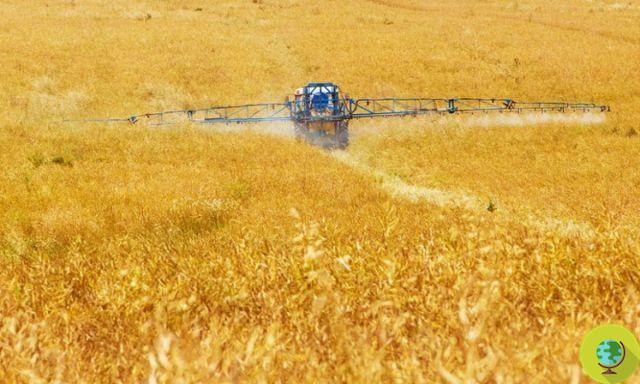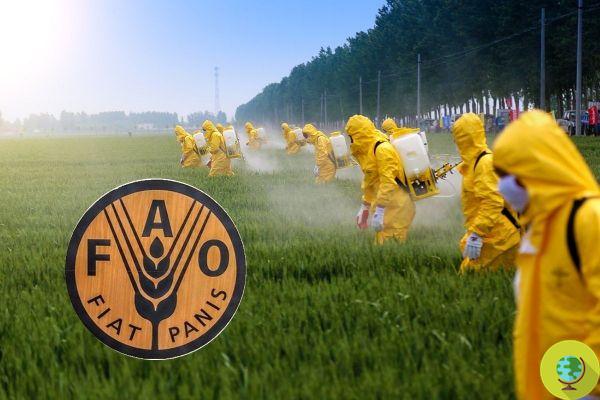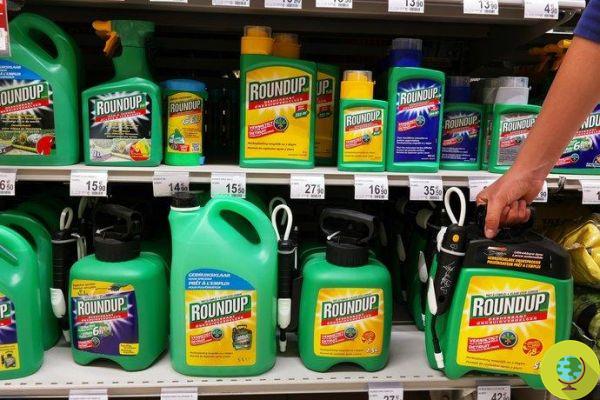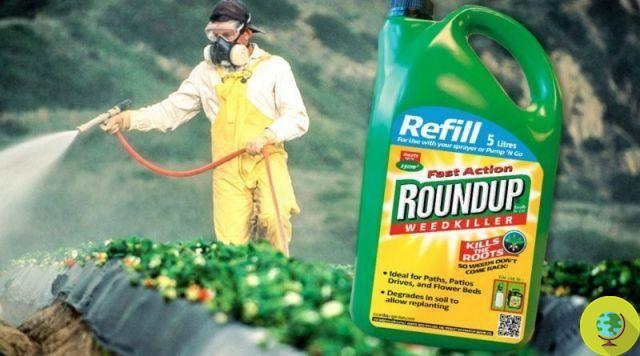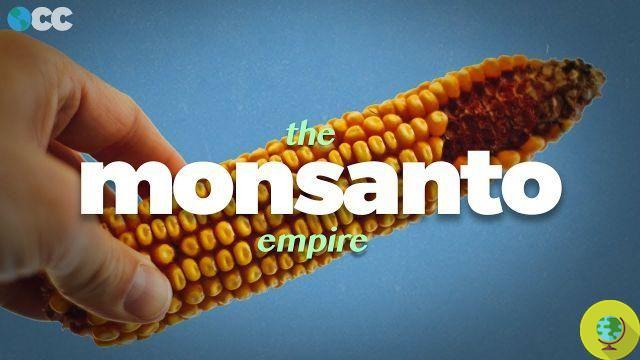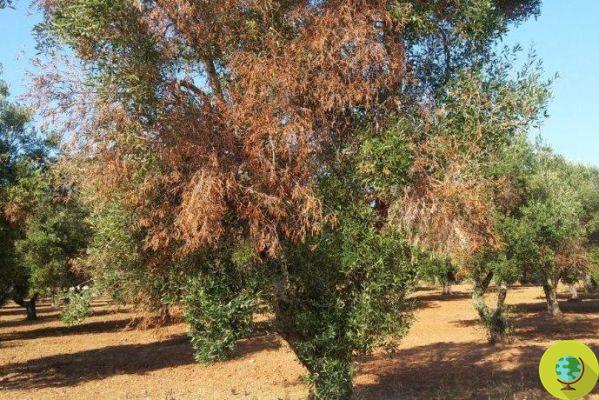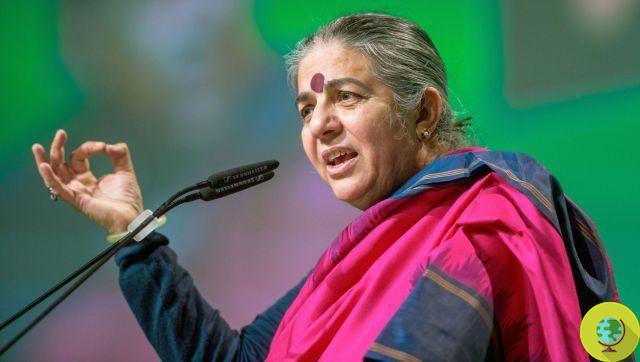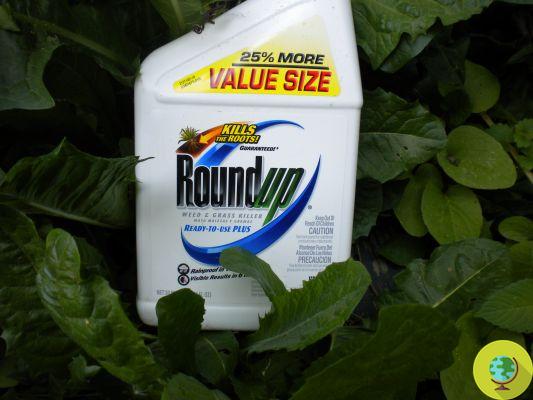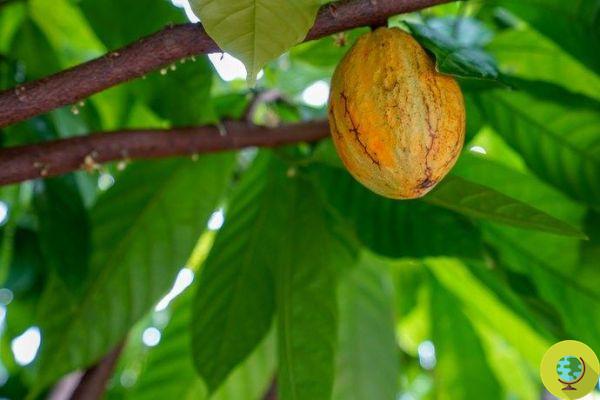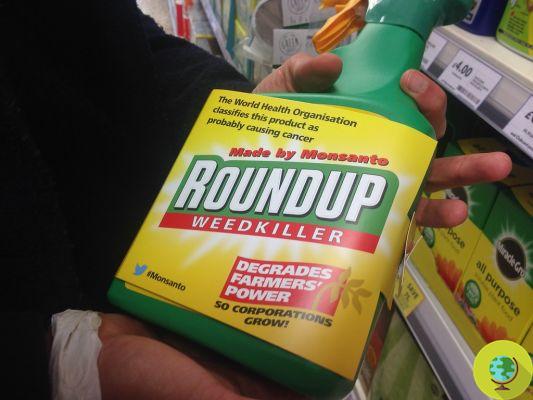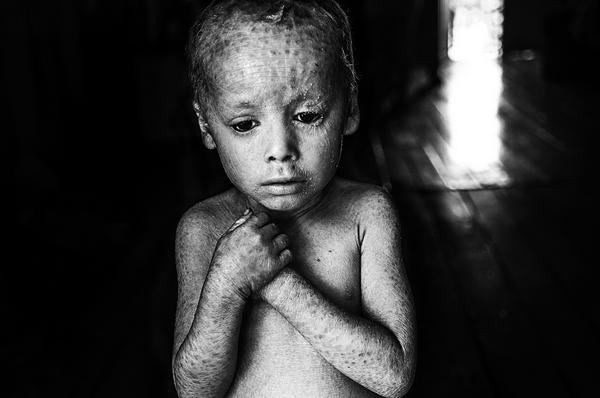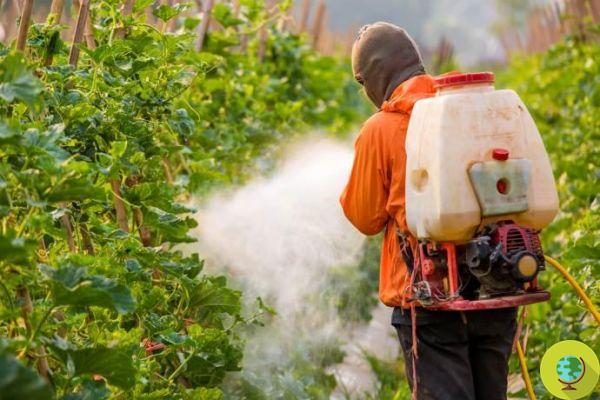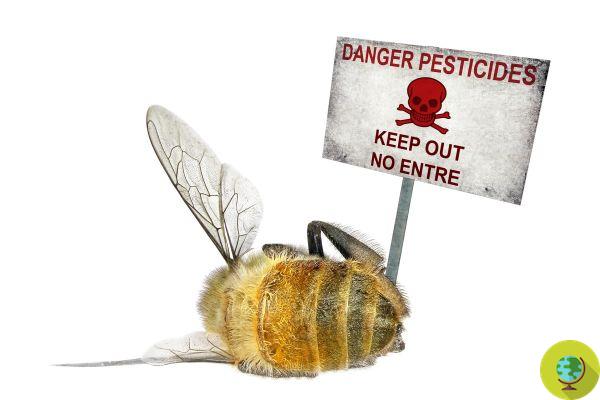
The United Kingdom has decided to authorize the use of neonicotinoids for the yellow virus emergency on sugar beet
He is about to end up run over, his mother saves himAfter the French turnaround, the United Kingdom has also decided to allow the use of neonicotinoids again (albeit for a particular emergency). These are dangerous pesticides for bees and other pollinating insects.
The UK government is lifting the ban on the use of a dangerous pesticide. Following pressure from the National Farmers Union (NFU) and British Sugar, the use of products containing tiaethoxam (indeed a neonicotinoid) but only for emergency use on sugar beets affected by the yellow virus.
"Yellow virus disease is having an unprecedented impact on Britain's sugar beet crop, with some growers experiencing yield losses of up to 80% and this authorization is desperately needed to combat this disease," said Michael. Sly, chairman of the board of directors of the NFU.
The president of the NFU stressed that pesticides will be used in a limited and controlled way but in the meantime also the United Kingdom has to deal with a drastic loss of the bee population and with the fact that these substances are, through rainwater, dragged by the fields to rivers.
Environmentalists rise up against this decision and Matt Shardlow, chief executive of the Buglife conservation group, pointed out that:
“No action is proposed to prevent the pollution of rivers with insecticides applied to sugar beet. Nothing has changed scientifically since the decision to ban the use of neonicotinoids on sugar beet in 2018. They will continue to damage the environment ”.
The Wildlife Trusts also intervened on the issue, recalling the risks to bees and also the danger that a temporary authorization of a few months could in fact become annual. This is why a petition was launched to say NO to neonicotinoids.
The EU decided to protect bees by banning the outdoor use of thiamethoxam in 2018. In fact, 11 countries, including Spain, Denmark and Belgium, have now signed emergency authorizations to use this controversial chemical.
The last is precisely the United Kingdom, which in this way takes a decisive step back from its commitment to climate and biodiversity, despite the recent exit from the EU.
Fonti: The Guardian / The Wildlife Trusts Facebook
Read also:
- Pesticides: emergency use of bee killer neonicotinoids in 10 countries (except France) under review
- The French Parliament approves the return of neonicotinoid pesticides that kill bees and pollinators
- Bees die-off: neonicotinoid pesticides are to blame, confirmed in a new study
- Neonicotinoid pesticides are harmful to bees and hinder pollination
- Neonicotinoid pesticides: In addition to bees, they also kill butterflies and birds




